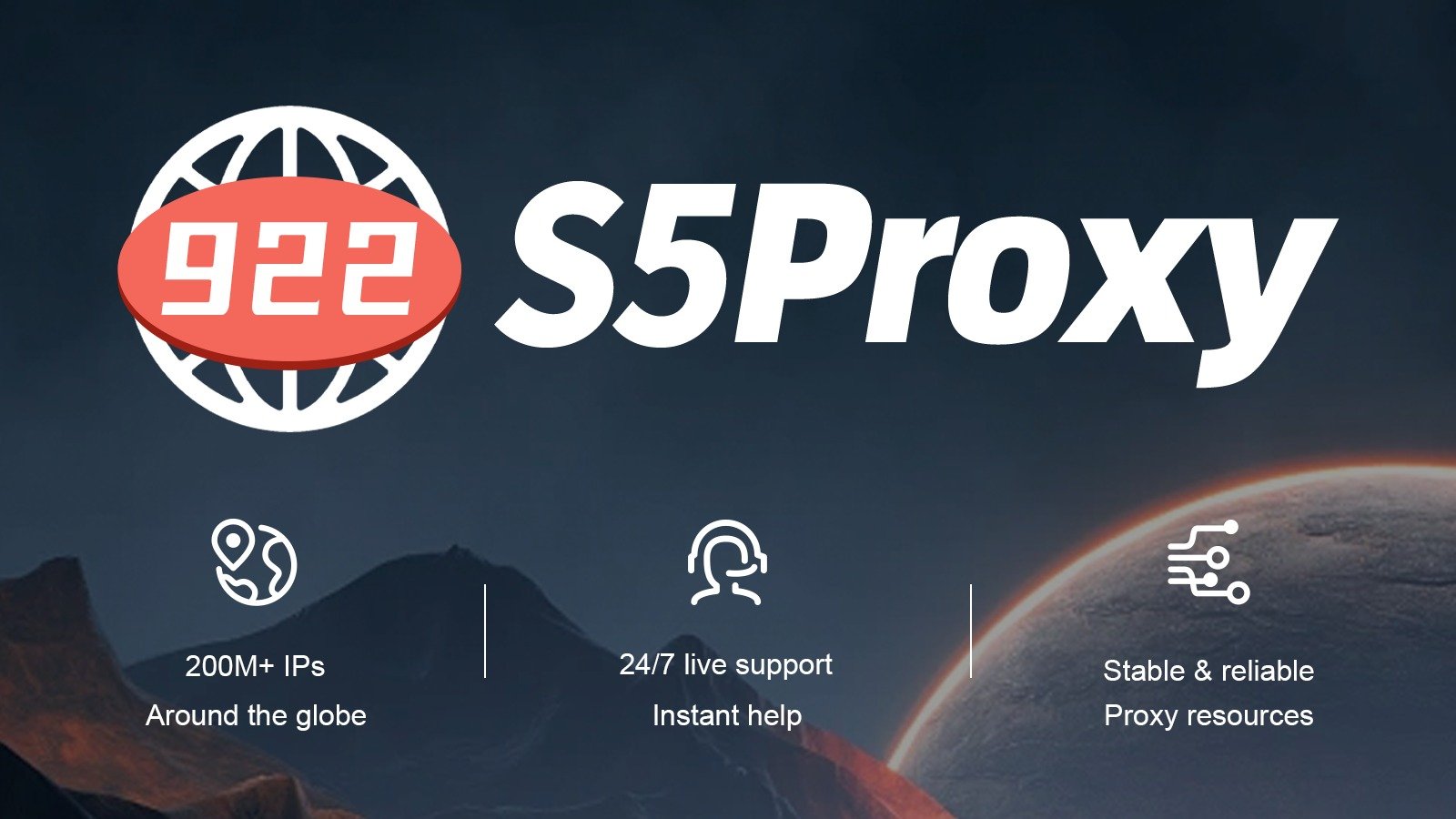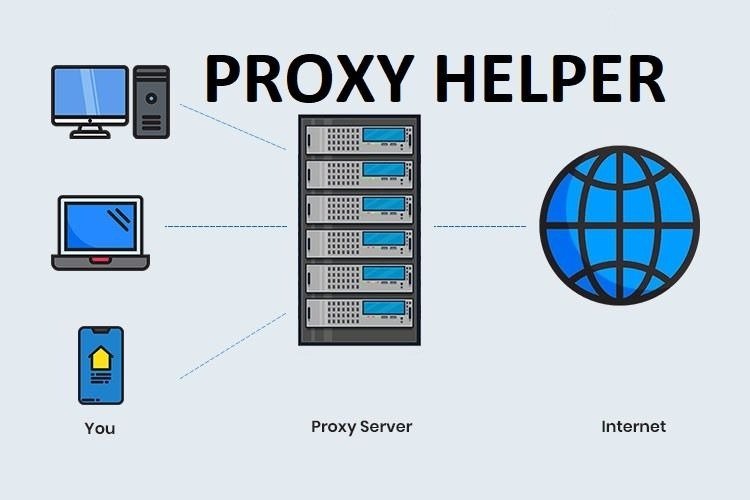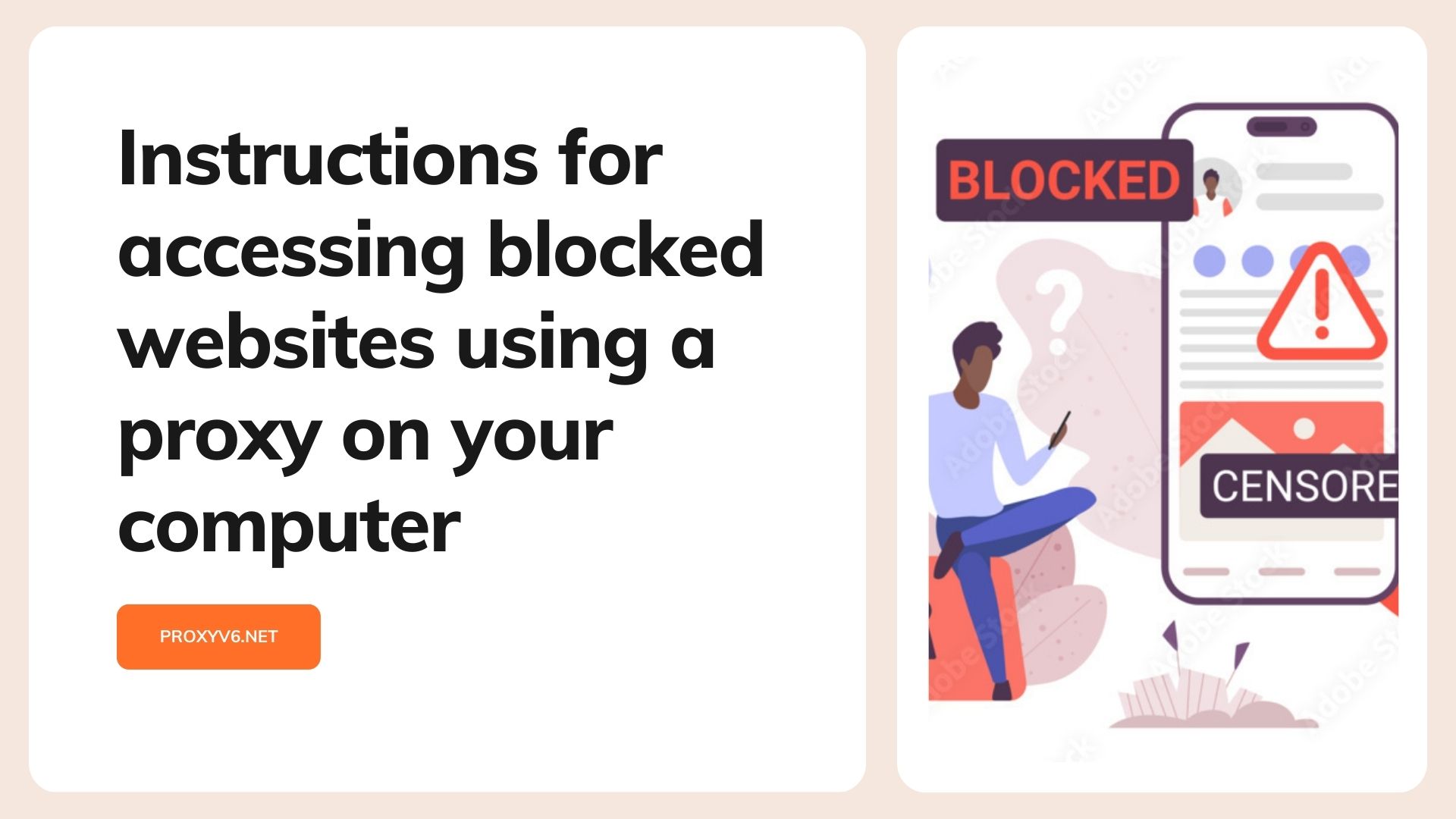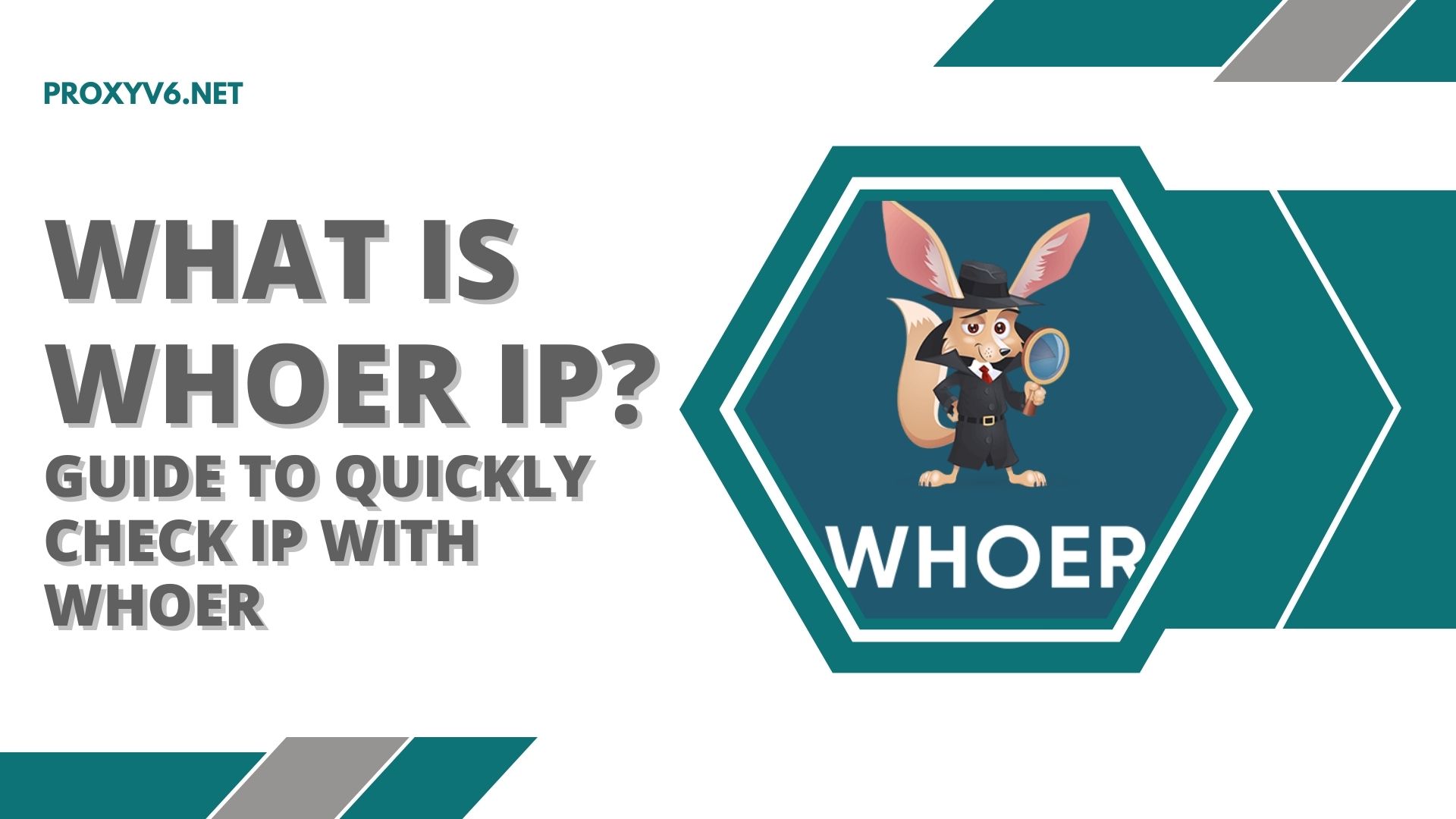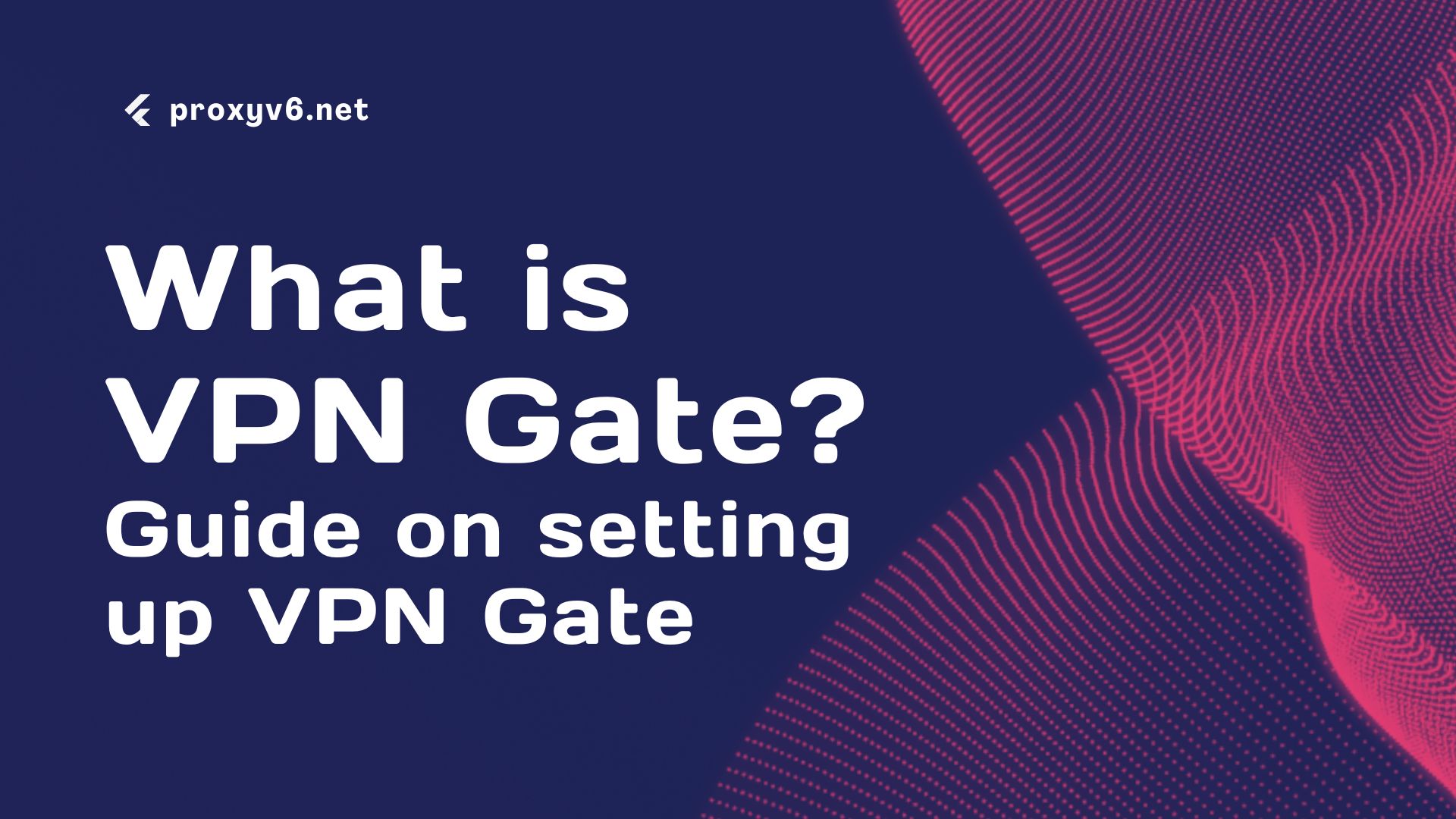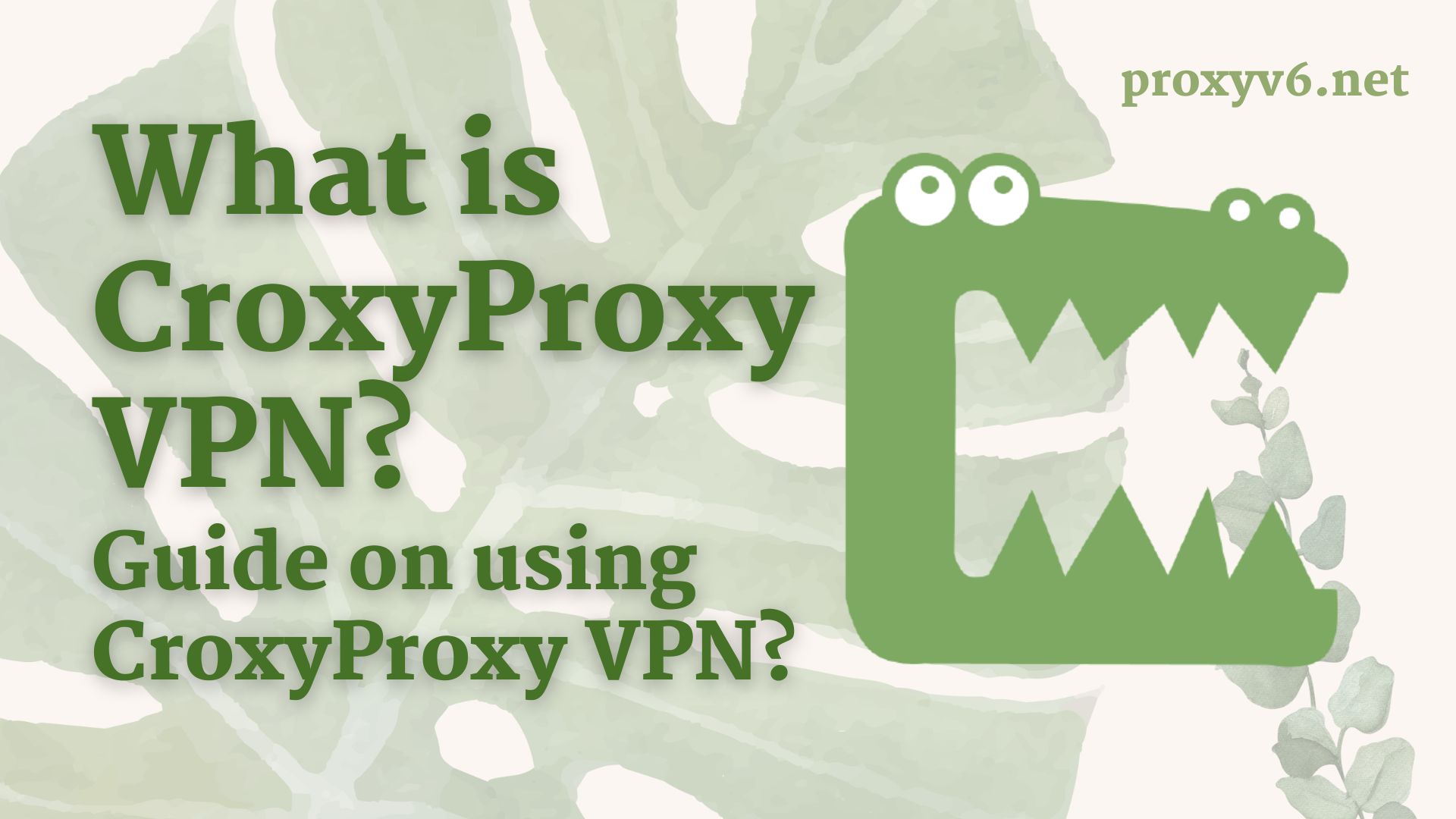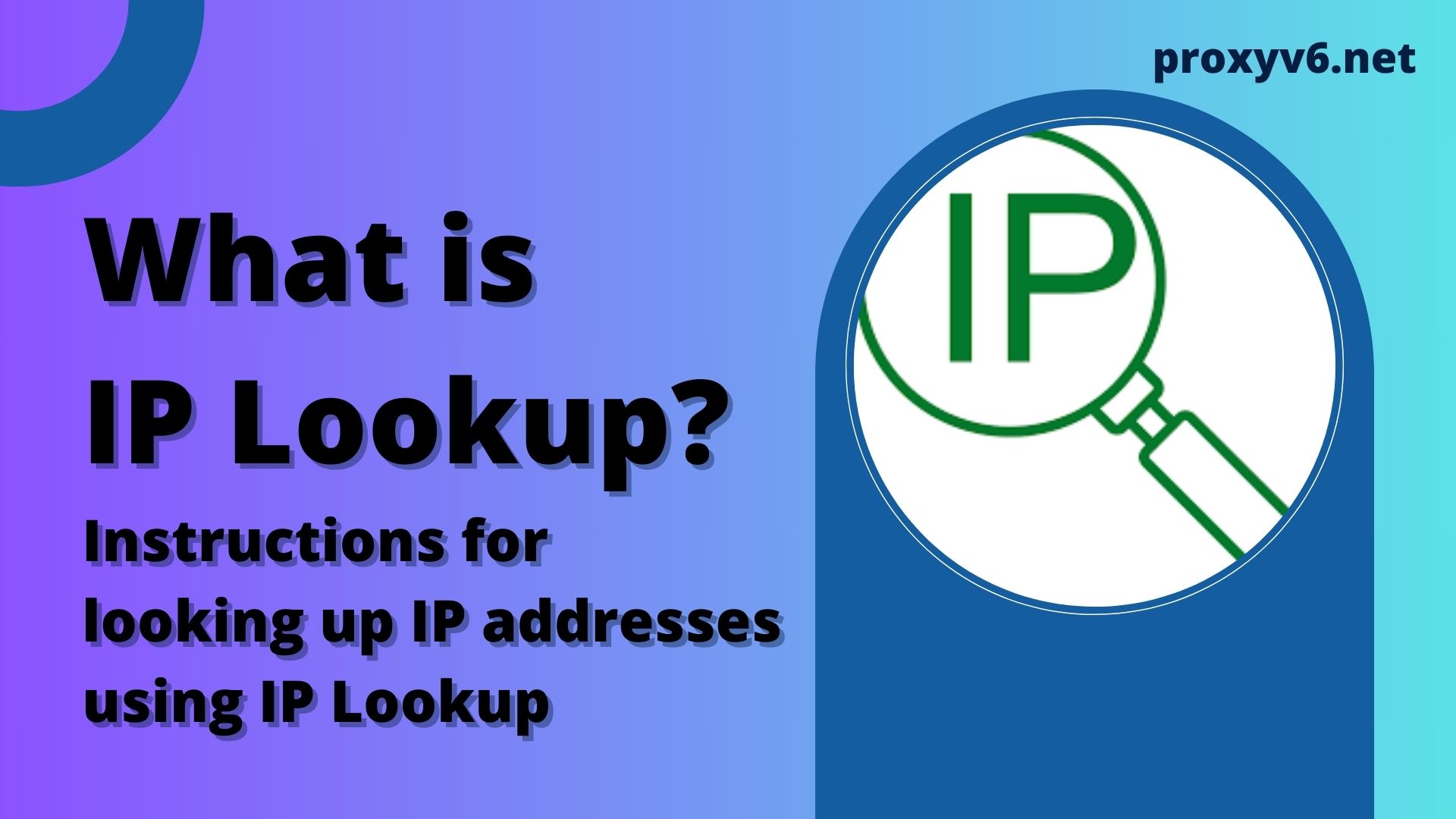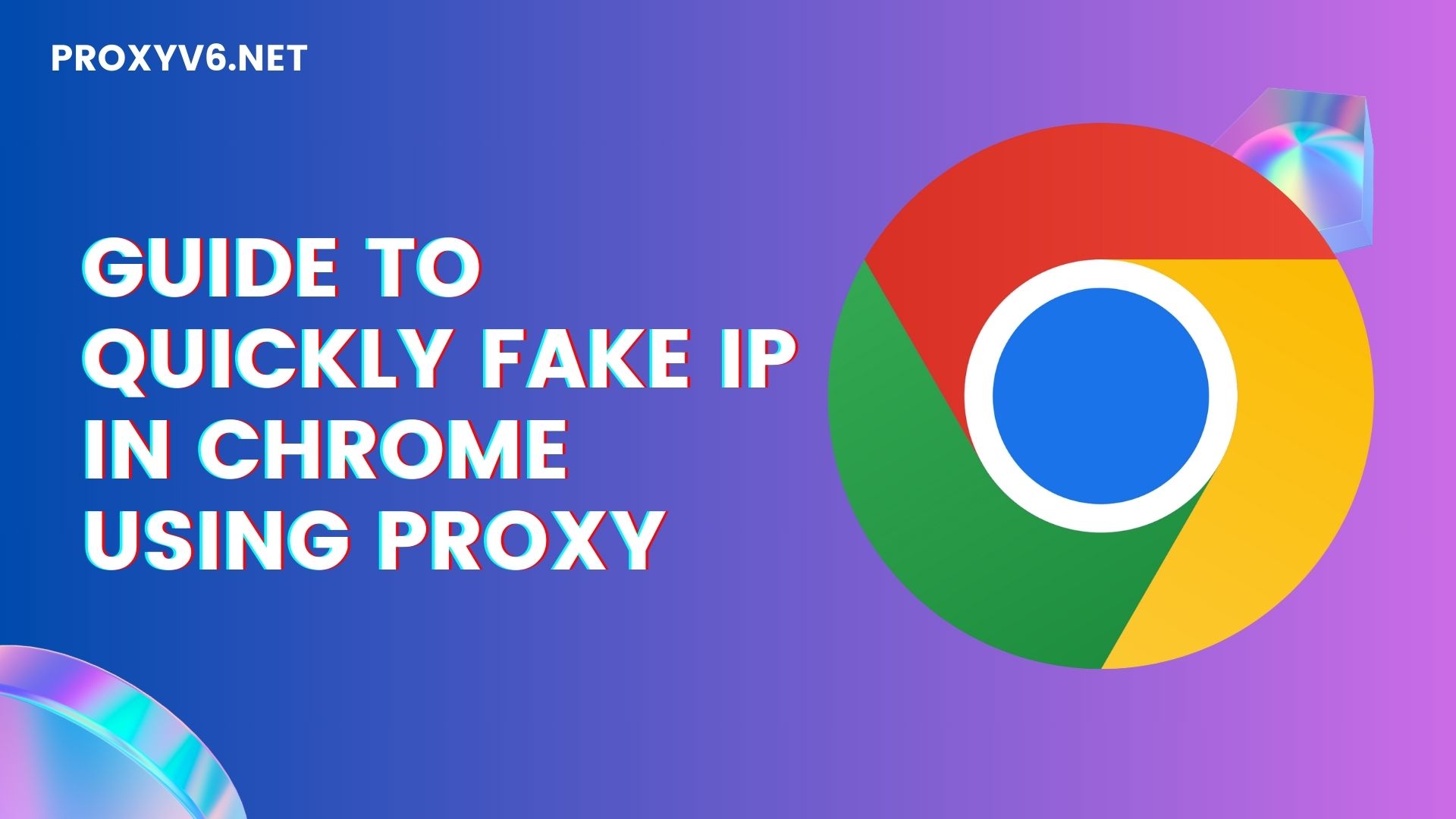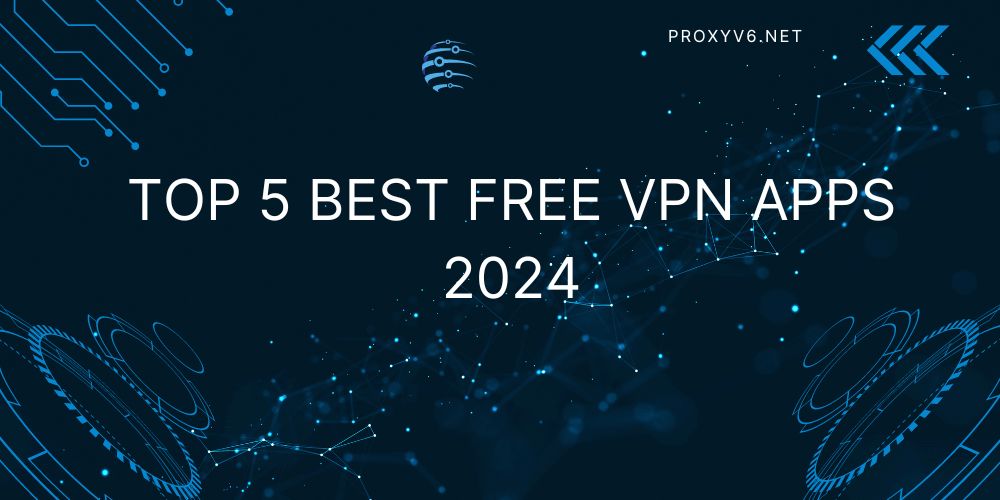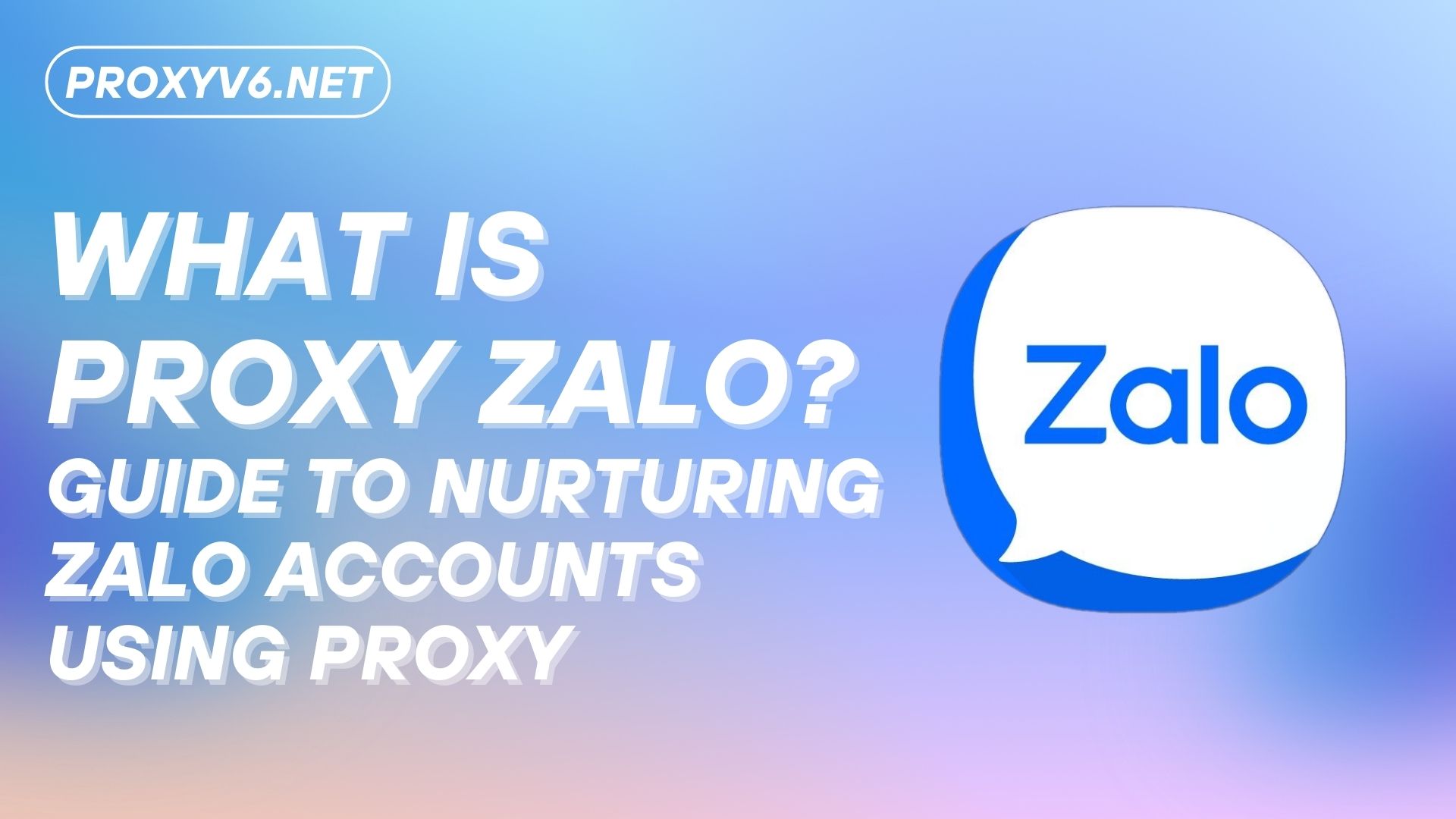What is my IP ?
The public IP address displayed below, also known as 'my IP,' is visible to the outside world. Depending on your connection type, you may have an IPv4, an IPv6 or both. If you are behind a router, the IP shown is your router’s public IP, while your device receives a private IP from a DHCP server. To answer 'What Is My IP,' this tool reveals your network’s external identity.
IPv4 Address
216.73.216.213
: IPv6 Address
Checking
City/Region
Columbus, Ohio
Country:
United States
Longitude:
-83.0061
Latitude:
39.9625
ISP:
Amazon.com
Organization:
AS16509 Amazon.com, Inc.
ASN:
Checking
Proxy:
No proxy present
Postal code:
43215
Timezone:
America/New_York
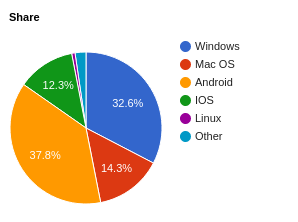
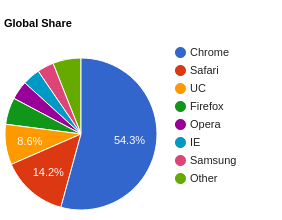
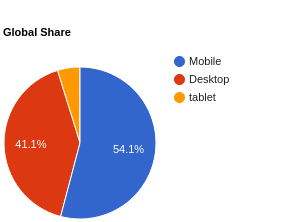
Window Size:
Browser Language:
Your Browser Header Details
Everytime your web browser requests a page, it sends a "request" header to the web server. To view a full header, you may use the HTTP Browser Header page.
Your IP Geolocation
The longitude and latitude used to plot your location is often depicted near in the center of the city. The geolocation accuracy is not precise enough to pinpoint a specific address, and therefore it should only be used to estimate the proximity of the device.
Should I Change My IP Address?
Changing your IP address can provide both benefits and potential challenges, depending on your needs and the method you choose. It can be useful for privacy, accessing blocked content, and troubleshooting, but it's important to understand the implications of altering your network settings or using third-party tools like VPNs and proxies.
When Is It Beneficial to Change My IP?
Changing your IP can be advantageous if you want to protect your online privacy or bypass geographic restrictions. For example, using a VPN allows you to connect to servers in different countries, masking your actual IP and providing a new one that may grant access to content unavailable in your region. This is particularly useful for streaming services, social media platforms, and accessing work-related resources while traveling.
What Are the Risks of Changing My IP?
While changing your IP can enhance privacy and access, it can also pose risks. Frequent IP changes may trigger security flags on some websites, leading to account restrictions or temporary bans. Additionally, using unreliable VPNs or proxies could expose your data if they don’t offer strong encryption. Understanding these risks is crucial for making informed decisions about when and how to change your IP.
How Can I Change My IP Address Safely?
To change your IP safely, it’s best to use trusted VPN services that provide secure connections and multiple IP options. Alternatively, you can reset your router to receive a new dynamic IP from your ISP. For those who need consistent connectivity, opting for a static IP from your provider is another solution, but this may come with additional costs. Understanding your needs will help determine the safest approach.
Frequently Asked Questions About My IP Address
What is my IP address and how does it function?
Your IP address is a unique identifier assigned to your device by your Internet Service Provider (ISP) when you connect to the internet. It serves as the digital address of your device, allowing it to communicate with other devices and servers online. If you are wondering "what is my IP," it’s essentially the number that reveals your device’s location and identity on the web. Our tool displays this public IP address, which could be IPv4 or IPv6 depending on your connection type.
When you access the internet, your IP address is used to route data to and from your device. In most cases, this IP is assigned dynamically by your ISP, meaning it may change over time. Checking "my IP" regularly ensures you are aware of the address visible to other networks and websites.
How can I check my IP address and what information does it reveal?
To find out what your IP address is, simply use our IP lookup tool on this page. It will instantly display your public IP address. This IP address is what websites and online services see when you connect to them. In addition to showing "my IP," the tool may also provide other details like your approximate geographical location (based on your IP), your ISP’s name, and whether you are using an IPv4 or IPv6 address.
This information can help you understand what data is publicly accessible when you browse the internet. It's important for security and privacy reasons to know what your IP reveals, especially if you use online services frequently.
What is the difference between IPv4 and IPv6 when checking my IP address?
IPv4 and IPv6 are two versions of internet protocol addresses. When you check 'what is my IP,' you might see either IPv4 or IPv6. IPv4 is the older and most common type, consisting of four sets of numbers separated by periods (e.g., 192.168.0.1). However, due to the limited number of available IPv4 addresses, IPv6 was developed to offer a much larger pool of addresses. IPv6 addresses are longer and more complex, using hexadecimal characters and separated by colons (e.g., 2001:0db8:85a3:0000:0000:8a2e:0370:7334).
IPv6 also provides improved security features and efficiency. Knowing which type of IP you have when you check 'my IP' helps you understand the kind of network technology your ISP and devices are using.
Can my IP address change, and how often does it happen?
Yes, your IP address can change. The type of IP address you have depends on your ISP. Most ISPs assign dynamic IP addresses, which can change each time you reconnect to the network or after a certain period. This is common for home and mobile internet connections. If you’re interested in checking if your IP address has changed, you can revisit our tool and check 'what is my IP' at any time.
On the other hand, businesses or users who need a consistent IP for specific applications may opt for a static IP address, which remains the same. Understanding whether you have a dynamic or static IP is crucial for network management and security.
How can I hide my IP address and protect my privacy?
If you are concerned about privacy and want to hide your public IP address, there are several methods you can use. A Virtual Private Network (VPN) is one of the most effective ways. When you connect through a VPN, your internet traffic is routed through a secure server, masking your real IP address and replacing it with the server’s IP address. This makes it difficult for websites and online services to identify your true location when you check 'what is my IP.'
Other methods include using proxy servers or the Tor network, which also help conceal your IP and enhance your online privacy. By using these tools, you can ensure your activities are protected and minimize the risk of your IP address being tracked.

